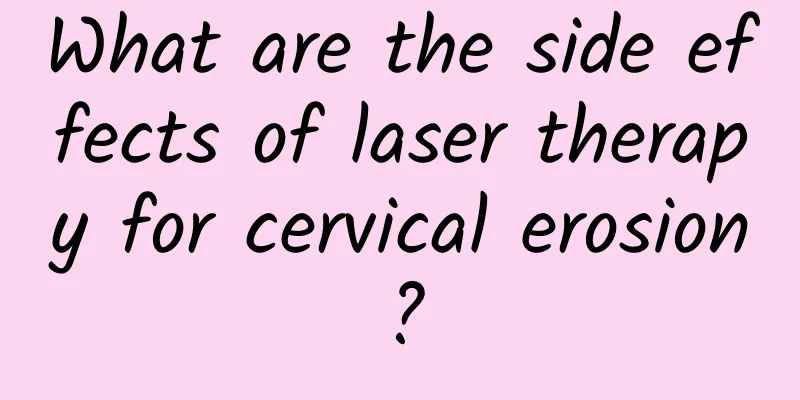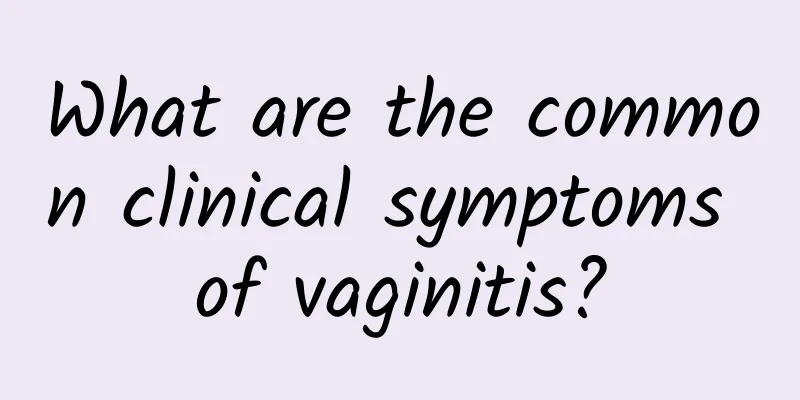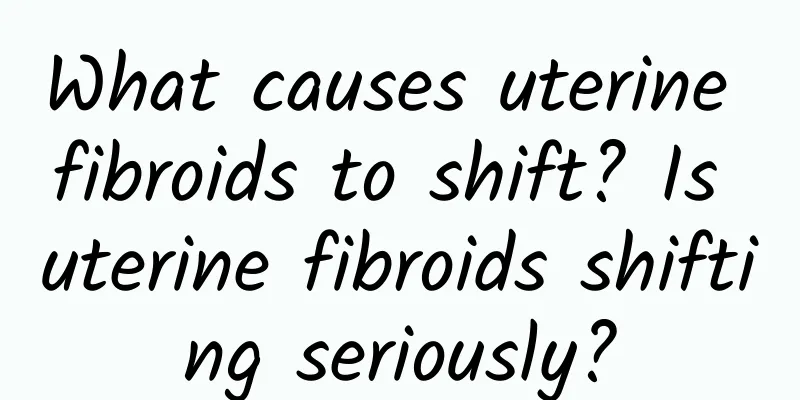Treatment of complications related to abortion

|
Artificial abortion, also known as artificial abortion, will cause certain harm to women's bodies. Complications such as artificial abortion complex reaction, uterine perforation, and intraoperative bleeding may occur during the process of artificial abortion. The relevant treatments for various complications are as follows: 1. Comprehensive reaction to artificial abortion Once this occurs, the operation should be stopped immediately and oxygen therapy should be given. Generally, the patient can recover on his own. If a slow heart rate occurs, atropine can be administered intravenously. 2. Uterine perforation Once uterine perforation occurs, the operation should be stopped immediately, oxytocin and antibacterial drugs should be given, and the patient's vital signs should be closely observed for abdominal pain, vaginal bleeding, and signs of intraperitoneal bleeding. If the patient's condition is stable and the operation has been completed, conservative treatment can be performed; if the embryonic tissue has not been completely aspirated, an experienced physician can be replaced to avoid the site of uterine perforation, or the operation can be continued under ultrasound guidance or laparoscopy; if the patient has not undergone uterine aspiration, the contents of the uterine cavity can be removed after 1 week; if the patient has increased bleeding or suspected organ damage, laparotomy should be performed in time to repair the perforation. 3. Bleeding during surgery After dilating the cervical canal, oxytocin can be injected to promote uterine contraction. At the same time, the placenta and embryo should be clamped or sucked out as quickly as possible. If the straw is too thin or the hose is too soft, it should be replaced in time. 4. Amniotic fluid embolism It may occasionally occur during forceps curettage of artificial abortion. Timely and early diagnosis is the key to successful treatment. Once discovered, the progression of the disease should be quickly blocked, monitoring should be strengthened, anti-allergic treatment should be adopted, vasoactive drugs should be appropriately used, and disseminated intravascular coagulation should be treated, etc. |
<<: What are the symptoms caused by vulvar leukoplakia
>>: Medical curettage can treat unmarried patients with anovulatory functional uterine bleeding
Recommend
Precautions for MRI during menstruation
Precautions for MRI during menstruation: 1. MRI e...
Will uterine fibroids affect pregnancy? Uterine fibroids can cause infertility and miscarriage
Uterine fibroids affect pregnancy: Understand the...
What are Monacolin K and Ankascin 568-R in Red Yeast Rice? Nutritionist Decrypts
The National Nutrition Survey pointed out that th...
No need for PS when taking photos! Amino Acids Help You Fix Lines
Are you still believing those inexplicable weight...
Is moderate cervical erosion easy to cure? Complete list of treatments for female cervical erosion
We all know that cervical erosion is divided into...
Iron Mom Jia Yongjie's 5 Principles of Sports Events
The rise of the fashion sports trend has led many...
Is it good to boil water with mugwort to treat cervical erosion? These methods can also be used to treat cervical erosion
Mugwort is a traditional Chinese medicine. Becaus...
Is it important for uterine fibroids to be 7mmx8mm?
Is it important for uterine fibroids to be 7mmx8m...
How to treat uterine fibroids in women
Uterine fibroids are common benign tumors in clin...
Common symptoms of uterine fibroids in daily life
Uterine fibroids are a serious gynecological dise...
Obesity increases the risk of cardiovascular disease! What are the types of weight loss surgeries? What are the conditions for health insurance to cover weight loss surgery?
In the outpatient clinic, I met a patient in his ...
Treatment of chronic pelvic peritonitis with Chinese patent medicine
Although the symptoms of pelvic peritonitis are n...
Thin people will not have fatty liver? Will taking liver-protecting supplements prevent fatty liver? Doctors debunk 4 myths
According to the latest list of the top ten cause...
Is amenorrhea before the age of 40 premature ovarian failure? 2 methods to treat premature ovarian failure
The so-called premature ovarian failure refers to...
Beautiful legs have a "machine" with freshness, sweetness and flavor
Puli's pure water and pleasant climate make i...









